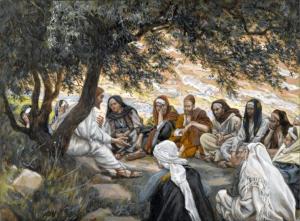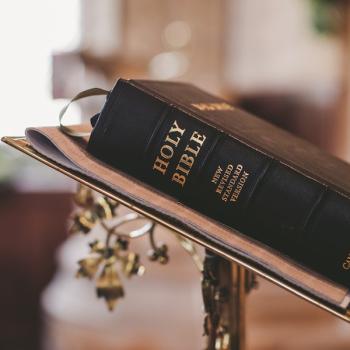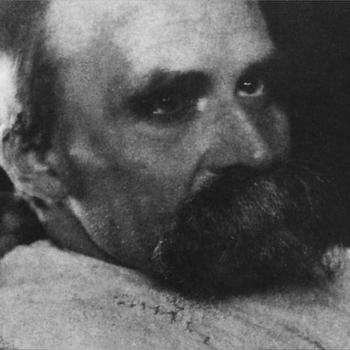
People leave the Church for many reasons. In our time, there are some who depart because of their commitment to specific political ideas that soon enough manifest as theological ones. In this camp, I would put traditionalist-leaning Catholics who identify with the American or European Right. Orthodoxy often becomes, at first a reasonable, and before long, an irresistible, alternative to the state of the current Catholic Church. When one is deeply concerned with issues like immigration and the (often nebulous) concept of “Western Civilization” it is easy to look at the Novus Ordo, at our current Supreme Pontiff, and at the state of much lukewarm suburban Catholicism and cry “no more.” The Orthodox Church thus, perhaps unknowingly, invites many into the fold, implicitly offering a more substantive defense of these political themes through its history of national Churches, its more vocal contingent of anti-ecumenical clergy, and the current state of the Russian ekklesia.
Then there are those for whom rather opposite political opinions motivate change. I have seen, time and again, people say things like “this is why I left the Catholic Church” with regard to contemporary issues surrounding gender and sexuality. Fr. James Martin’s pro-life tweet from yesterday summoned up a few exemplars, people who decided to respond with some play on the same basic sentiment. For them, there exists a gap between political views of which they are convinced and the declared positions of the Church; in the end, the former win out.
There are those who leave because they feel mistreated or otherwise alienated by their congregation or parish as a whole. There is a sense in which this is the saddest. Not in absolute terms, but because I myself am a bit of a loner and would-be misanthrope, who sometimes finds the (incredibly important) communal nature of Catholicism very difficult. I’ve seen people become Orthodox because of their dislike for the attitudes of their fellow parishioners; I’ve seen others feel persecuted and singled out, such that stopping attending becomes the only imaginable option. Sometimes political differences play a role here; other times they do not.
Lastly, there are those who simply are not well-catechized and fall away because they do not know what they’re supposed to believe. In my own family in generations past, this more-or-less meant an amicable break with the Church insofar as one simply stopped attending Mass. Others, I’m told, (often) become evangelicals because their services present as more involving or even fun. Many Protestant apologists are ready with tried (and trite) anti-Catholic arguments about venerating the saints, worshiping Mary, and the like, and our poor brothers and sisters who do not actually know the tenets of the Faith are swayed easily enough.
In discussing this topic, I can’t possibly hope to speak to each of these groups of people. Their concerns are merely too different—some are overtly political, others more deeply personal, all, in some sense, are a mixture of the two (if we take the social and the political to be indelibly linked). Regardless, I have seen a lot of discussion about people leaving the Church lately, not in some never-before-seen wave, but, simply because of our current political and social climate. Anti-Catholicism remains a tried-and-true American pastime, and so at any moment of crisis, we experience the barbs of any number of ideological clubs.
Thus here I really hope to address the last two groups noted above, those who struggle with the Faith for personal or social reasons and not, generally, for overtly political ones. Still, I think the first two groups experience their own forms of alienation, and I think that whatever meager advice I can offer here may find some use in their cases as well.
To the point then: as someone who can identify with those who feel somewhat “alone” within the Church (and this is, at least in my case, largely my own fault), I’ve spent a good deal of time thinking about why this might be. Upon introspection, it strikes me that the tension often rests on the relationship between tolerance and love. When we deal with others who are, by necessity, different from us, we realize that we cannot simply relate to them. Their personalities are different; their hobbies are different; they just, in a fundamental sense, are not who we are. Tolerance is, in this day and age, a typical reaction. We do not learn to love their differences, whatever graces they’ve been blessed with, but instead either outright dislike them (this sort of misanthropy is uncommon, I think, though it is often my first reaction) or merely tolerate them. I mean something fairly specific here, so let’s look to Merriam-Webster for some help:
[Tolerance is] sympathy or indulgence for beliefs or practices differing from or conflicting with one’s own.













